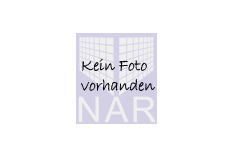Subject/Topic I Raising Awareness for Dementia in Deaf Older Adults in Europe
Funding I Erasmus+, Duration I 2022-2025
Project description:
International organisations have suggested that the provision of a diagnosis of dementia should be considered as a human right (Alzheimer's Disease International, 2020). Timely diagnosis of dementia is a key priority for many countries around the world (Alzheimer's Disease International, 2020), as it is a gateway to a number of services that support better quality of life, such as access to proper medication, time to plan for future care preferences and opportunities to express needs, wants and aspirations (Robinson et al. 2011). Identification of early signs of dementia among family, friends and communities plays a very important role in early diagnosis. Supporting early detection encompasses public education programs and good access to information (Alzheimer's Disease International 2011). However, poor access to health‐related information in sign languages has been identified as a significant inequality for Deaf communities around the world (Fellinger et al. 2012, Sign Health 2014) and up to this moment awareness of the early signs of dementia is very low among the Deaf communities.
Deaf people's identities lie at the intersection of culture and disability (Corker 1998). To be Deaf is a culturally determined definition; it is not an audiological one. However, in most cases, social policies and laws address Deaf people largely in terms of equality regarding disability (Equality Act 2010). The objectives of the project are twofold: a) the development of a new, comprehensive, technologically enhanced method for dementia screening in older Deaf adults in two Sign Languages (Austrian and Greek) and b) a non-formal educational program addressed to the whole Deaf community and experts, aiming at:
- promoting and highlighting dementia awareness in the Deaf Community
- familiarizing experts with the screening test and its functionalities
- raising awareness among experts and the Deaf community about Deaf culture, dementia, as well as about the importance its early screening in Deaf older adults
- disseminating the screening test to the Deaf community
- performing a pilot non-formal training on the test and its functionalities to native fluent GSL signers that are not experts in order to upskill the Greek Deaf Community with skills and knowledge that will promote their well-being.
Project coordination:
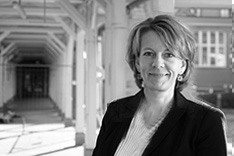 Dr. Birgit Teichmann – Biologist (Diploma), Gerontologist M.Sc.
Dr. Birgit Teichmann – Biologist (Diploma), Gerontologist M.Sc.
Network Aging Research, Heidelberg University
Bergheimer Straße 20
D-69115 Heidelberg, Germany
Phone: +49 (0)6221 54 8124
teichmann(at)nar.uni-heidelberg.de
Projekt partners:
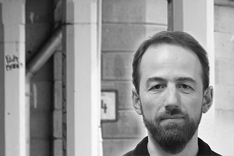
Ege Karar – Diplom Sozialarbeiter/Sozialpädagoge
und staatlich geprüfter Gebärdensprachdolmetscher
Network Aging Research, Heidelberg University
Bergheimer Straße 20
D-69115 Heidelberg, Germany
karar(at)nar.uni-heidelberg.de
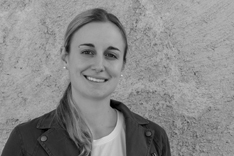 Ioanna Antigoni Angelidou
Ioanna Antigoni Angelidou
Network Aging Research, Heidelberg University
Bergheimer Straße 20
D-69115 Heidelberg, Germany
Phone: +49 (0)1766 18 54292
angelidou(at)nar.uni-heidelberg.de
Cooperation Partner I.

Ελληνική Εταιρεία Νόσου Alzheimer
και Συγγενών Διαταραχών
Κέντρο Ημέρας "Αγία Ελένη"
 Dr. Marianna Tsatali
Dr. Marianna Tsatali
Netzwerk AlternsfoRschung, Universität Heidelberg
Bergheimer Straße 20
69115 Heidelberg, Germany
Tel: +49 (0)6221 54 8124
mariannatsatali13(at)gmail.com
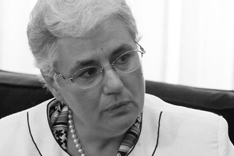 Prof. Dr. Magda Tsolaki
Prof. Dr. Magda Tsolaki
(Neuropsychiatrist, Greek Alzheimer’s Disease Foundation and Related Disorders)
Department of Neurology of Aristotle University of Thessaloniki
Despere 3, 54621 Thessaloniki, Greece
Tel: +30 2313 307 332
tsolakim(at)med.auth.gr
Cooperation Partner II.
Cooperation Partner III.
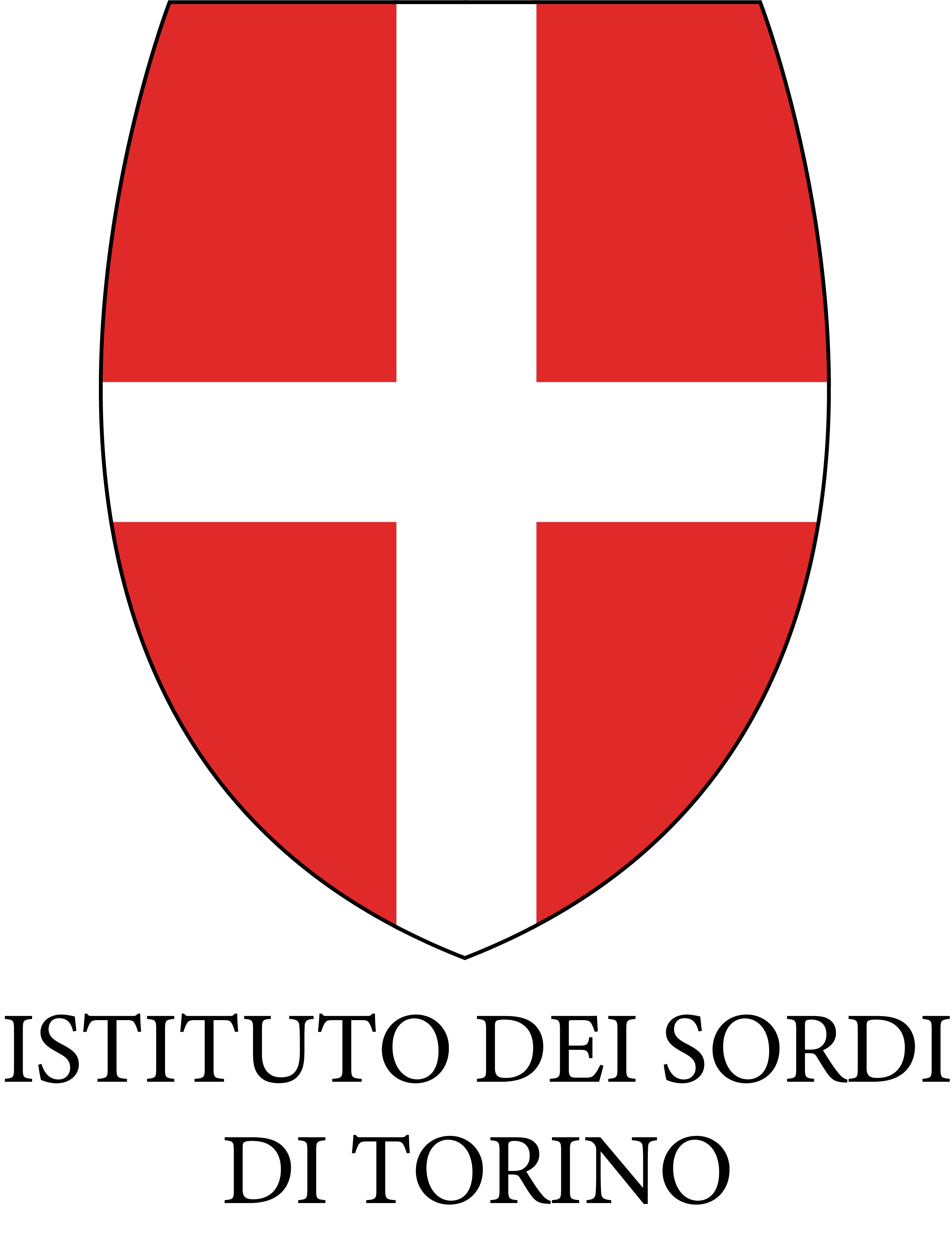
Fondazione Istituto dei Sordi
di Torino ONLUS
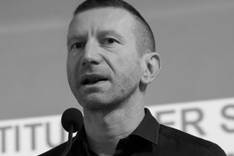 Enrico Dolza, PhD
Enrico Dolza, PhD
Istituto dei Sordi di Torino - Direttore
Università degli Studi di Torino - Professore a contratto di Pedagogia Speciale
Viale San Pancrazio, 65 - 10044 Pianezza
Tel: +390119676317
direzione(at)istitutosorditorino.org
www.istitutosorditorino.org
 Nicola Della Maggiora
Nicola Della Maggiora
Istituto dei Sordi di Torino
Università degli Studi di Torino
Viale San Pancrazio, 65 - 10044 Pianezza
Tel: +393318520534
info(at)istitutosorditorino.org
Cooperation Partner IV.
Krankenhaus
Barmherzige Brüder Wien
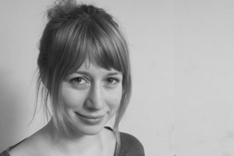 Dr. Doris Hoffmann-Lamplmair, MSc
Dr. Doris Hoffmann-Lamplmair, MSc
Clinical psychologist, Psychotherapist
BARMHERZIGE BRÜDER KRANKENHAUS WIEN
Johannes von Gott Platz 1, Wien
Tel (01) 21121 2111, Fax (01) 21121 2103
doris.lamplmair(at)bbwien.at
Cooperation Partner V.
- Ελληνική Εταιρεία Νόσου Alzheimer και Συγγενών Διαταραχών Κέντρο Ημέρας "Αγία Ελένη"
(Elliniki Eteria Nosu Alzheimer ke Sigenon Diatarahon) - Ένωσης Κωφών Βόρειου Ελλάδος (Enosi Kofon Voriu Ellados)
- Fondazione Istituto dei Sordi di Torino ONLUS
- Krankenhaus Barmherzige Brüder Wien
- Αθηνά - Ερευνητικό Κέντρο Καινοτομίας στις Τεχνολογίες της Πληροφορίας, των Επικοινωνιών και της Γνώσης
(Athina-Erevnitiko Kentro Kenotomias stis Technologies tis Pliroforias ton Epikinonion ke tis Gnosis)




